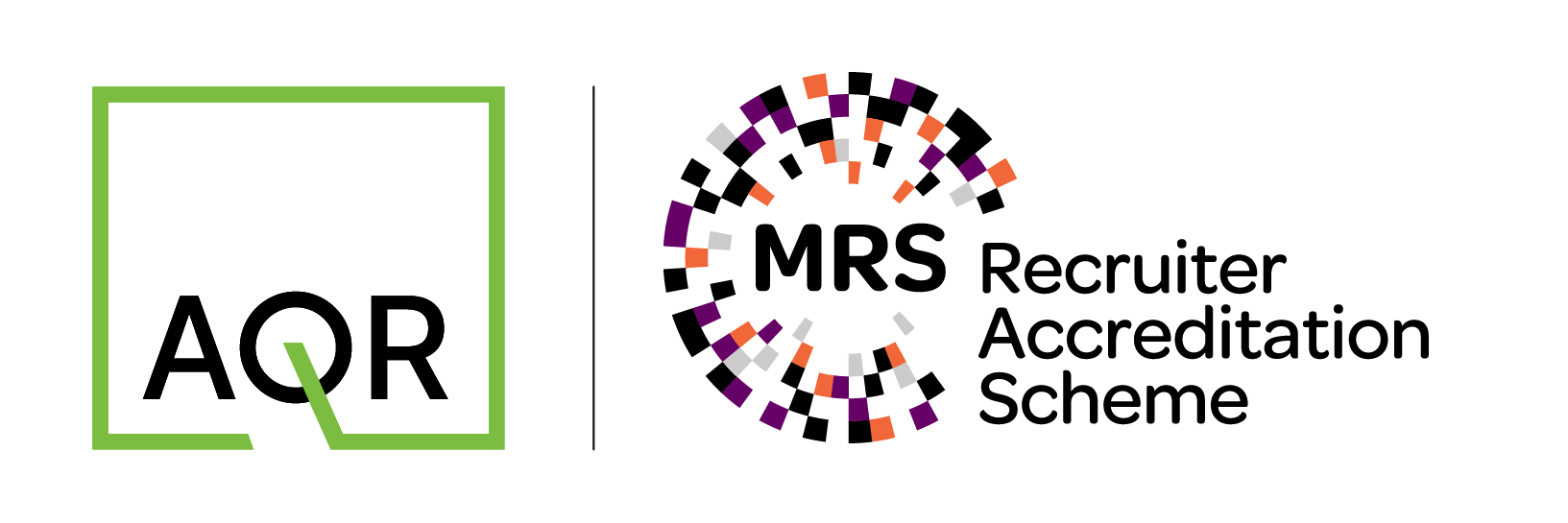All MRS websites use cookies to help us improve our services. Any data collected is anonymised. If you continue using this site without accepting cookies you may experience some performance issues. Read about our cookies here.
To enlarge video please either pause the video and then press the F key on your keyboard or select full screen button option located on the bottom right of the video.
You are currently not logged in. Any progress made will be lost.
Social media and recruitment
Social media is defined as an interactive online media that allows users to communicate instantly with each other or to share data in a public forum. It includes social and business networking websites such as Facebook, Twitter, LinkedIn, Instagram as well as YouTube, Flickr and Pinterest, plus personal blogs. This is a constantly changing area with new websites, services and applications being launched on a regular basis so this list is illustrative and not exhaustive.
Although it is now commonplace for some recruiters to use social media to post information about projects some clients do not allow the use of social media for recruitment. This is largely due to fears of participant fraud. It is advisable that you are transparent with your clients about your use of social media for recruitment.
Social media platforms – business use
Some social media platforms will have a business section which details how the social media site may be used for business purposes. Remember to check the websites for the terms and conditions that apply to businesses when using their corporate data as these are likely to be different from the terms and conditions for personal users.
As a recruiter you are responsible for checking that you are abiding by relevant terms and conditions when using social media platforms. For instance if you have a Facebook Official Page for your organisation and decide you want to run a prize draw to increase participant registration on your database, it will be your responsibility to make sure that the prize draw is legal. In the UK this would mean adhering to the MRS Regulations for Administering Incentives and Free Prize Draws.
Here are some tips when using social media recruitment techniques:
- If you are intending to use social media for recruitment, it is advisable that you are transparent with your clients about your proposed use and that you provide assurances as to how you will ensure that the recruitment undertaken should meet client requirements.
- Be careful not to post too many details about recruitment quotas as this can attract and encourage fraudulent applications.
- You need to make a judgement about the amount of information, quotas and demographic details, you post on social media. There is a balance between giving too much information which gives the potential participants the opportunity for fraud and being too vague so that individuals apply who don’t fit any of the criteria.
Below are two real life examples where recruiters have listed very detailed criteria/quotas for recruitment on a social media post. After each example they have been re-written to show how they could have been worded differently. Some demographic requirements will always have to be listed as it would not be practical to let everyone apply.
Example 1 – Beer research
| Original post |
This example was posted on social media and potential participants were asked to send a message to the recruiter if they fitted the criteria. The participants for this study would be professional young men who regularly socialise in city centre bars and clubs and drink Peroni Nastro Azzurro regularly.
|
Have a read then message me how you fit
|
| New post |
This gives the sex and age that is being looked for but the rest of the questions are taken from the screener so that the potential participants do not know the exact brands or behaviours that are being looked for.
|
| In the last three months please state if you have drunk any of the following beers and if so how often: Ashai SuperDry, Budweiser, Budweiser Budvar, Camden Hells, Carling, Corona, Estrella, Fosters, Heineken, Kozel, Meantime, Peroni Nastro Azzurro, Pilsner Urguell, Brew Dog, San Miguel and Stella Artois |
Example 2 – Supermarket research
| Original post |
| This example was posted on social media and the retailer of interest for the research has been revealed. The study was looking for a cross section of the population who shop in a particular area of Manchester.
|
| New post |
| This gives the participant some information about the location where they need to live and shop but doesn’t give the retailer which is the focus of the research.
|
Once the responses have been received and you have identified potential recruits you must always arrange to speak with people by telephone to fully screen them. Build in checks to make sure people are who they say they are, or have the jobs they say they have. The type of checks that you could use include:
- Requiring participants to bring relevant identification to a session e.g. if the research is for cars the participant could be told to bring their V5C document with them, if the research is about utilities the participant could be told to bring a copy of their most recent bill.
- Pre-checking over the telephone with necessary checks being asked to confirm the person is who they say they are and that they fit the spec needed for the project.


